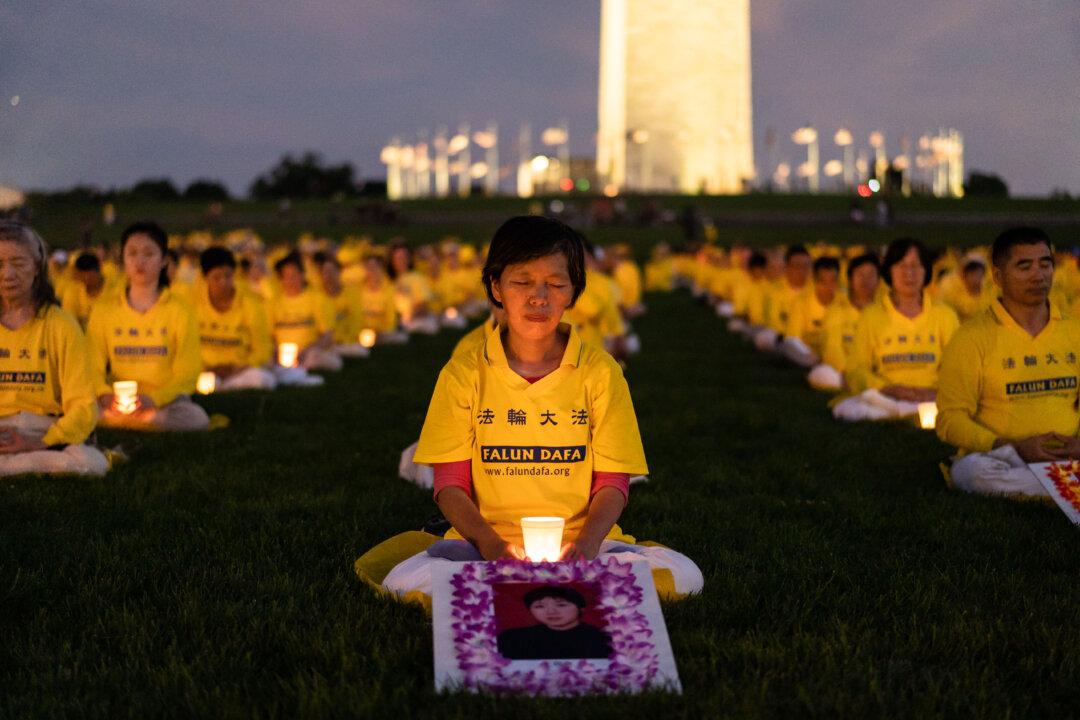Commentary
Beijing is conducting genocide against not only Uyghurs, but also Falun Gong practitioners. Economic sanctions on Xinjiang should be broadened to all of China.

Beijing is conducting genocide against not only Uyghurs, but also Falun Gong practitioners. Economic sanctions on Xinjiang should be broadened to all of China.